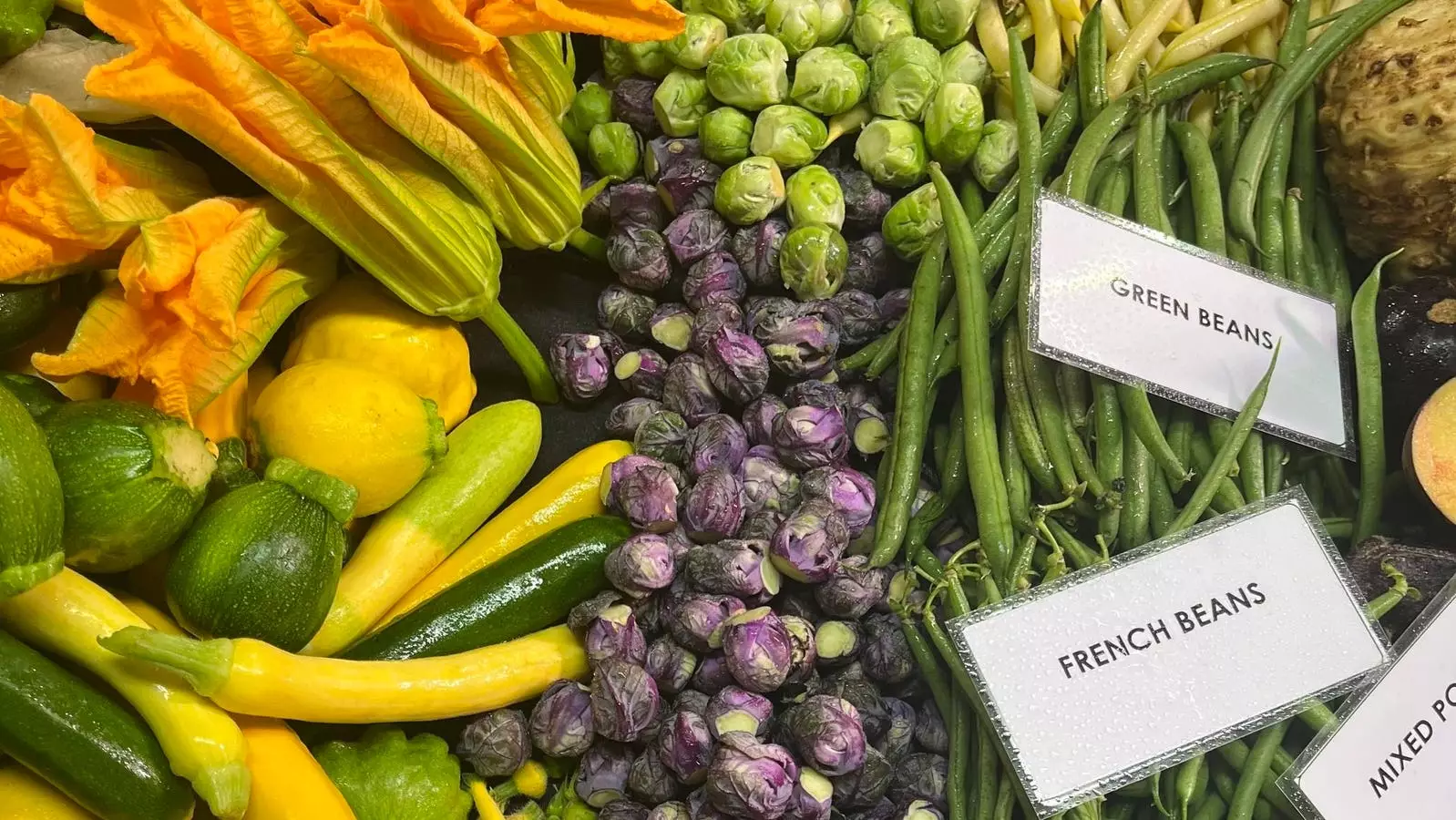As Climate Week approaches in New York City, one cannot help but feel invigorated by the stories and initiatives around us that illustrate the potent intersection of agriculture, energy sustainability, and culinary innovation. Recent experiences underscore the power of agricultural practices rooted not only in tradition but also in forward-thinking methodologies that bolster the environment and nourish communities.
A Celebration of Freshness and Flavors
My recent visit to the Chef’s Garden in Huron, Ohio, served as a delightful and educational precursor to Climate Week. This renowned specialty grower’s annual Roots Conference provided an immersive experience into the world of fresh, raw produce. A feast for the senses piqued my curiosity; the culinary offerings ranged from whimsical fairytale eggplants to vibrant cucamelons, with a striking assortment of tomatoes, peppers, and squash. These vegetables weren’t just ingredients; they told a story of careful cultivation and respect for the earth.
Among the harvest, the squash blossoms and a variety of edible flowers stood out. Their flavors lingered long after the meal, leaving an imprint of nature’s bounty on my palate. The micro lemon balm, in particular, highlighted how even the smallest elements of gardening can pack a punch in culinary applications. This experience reinforces the idea that food is more than sustenance; it embodies connection, culture, and, importantly, sustainability.
Chef’s Garden is a testament to the enduring spirit of family farming. Co-owner Farmer Lee Jones has adeptly transformed the farm after reclaiming it from family loss, emphasizing the importance of legacy in agriculture. Unlike many farms that struggle to sustain themselves, the Jones brothers have invested in their land and community, establishing a long-term vision for both soil health and regenerative practices.
Their commitment extends beyond organic farming; they strive for energy independence by implementing innovative solutions such as utilizing recycled corn cobs. This self-sufficiency represents a significant shift in how agricultural businesses can operate, rallying against the challenges posed by an overstressed energy grid, especially during extreme weather events. Such foresight is critical, as it addresses both the immediate needs of food production and the broader implications for energy security.
Engagement in Global Dialogues
As I prepare to engage in Climate Week discussions, I am buoyed by the insights gained from the Roots Conference. This event set the stage for deeper conversations about sustainable food systems and the critical role they play in combating climate change. My participation in various panels—including topics like the intersection of food policies in New York City and the challenges facing our oceans—will allow for an exchange of ideas that are both practical and visionary.
The dialogue surrounding food and climate action is increasingly vital. From exploring the responsibilities of grocers and brands to ensuring access to healthy eating, to addressing the impacts of pesticides on pollinators, the intersectionality of these issues demands our attention and action. Conversations at events like these can generate not just awareness but also hope, as they emphasize the collective efforts needed to create sustainable solutions.
Today’s economic climate has shifted consumer behavior towards more cost-conscious choices. As inflation influences shopping habits, the renewed interest in store-brand products reflects a broader trend of adjusting our relationship with food. This change offers a unique capacity for businesses to rethink their offerings and enhance community access to healthy options.
However, there’s also an opportunity to educate consumers about the origins of their food and the importance of supporting local farmers who prioritize sustainability. Engaging narratives, like that of Alex Matthews from De La Calle, who brings authentic Mexican flavors to American shelves, remind us of the potential to bridge culinary diversity with responsible sourcing.
Climate Week serves as not just a moment to advocate for environmental justice, but also a celebration of the innovation found at the grassroots level in agriculture. From experiential learning at farms like Chef’s Garden to substantive dialogues that challenge the status quo, these narratives inspire us to rethink our roles as consumers, advocates, and stewards of the earth.

